More cooperation is needed to improve cormorant management in Europe
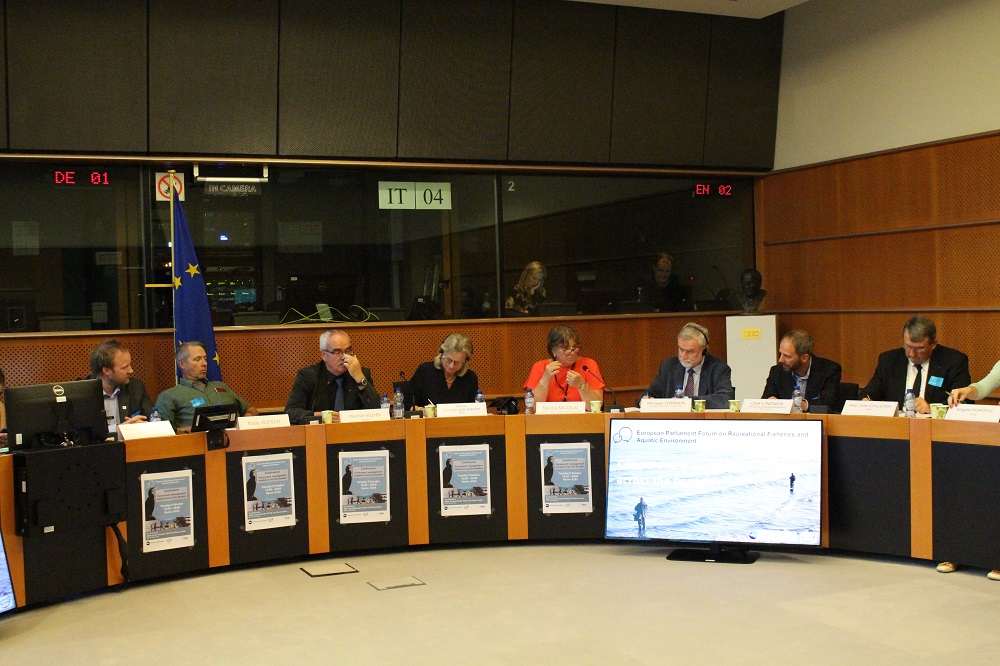
Insight and possible solutions to improve the management of the European cormorant population to protect, among other things, endangered fish species were presented during a conference held in the European Parliament in Brussels. The panel speakers provided evidence to demonstrate that a European-wide management plan is needed to tackle the issue of the cormorant’s threat to vulnerable fish species and biodiversity.
The event, entitled “Cormorant: management needed across the borders”, chaired by MEP Annie Schreijer-Pierik and MEP Werner Kuhn, took place on the 9th of October and was organised by the Forum on Recreational Fisheries and Aquatic Environment, supported by the European Anglers Alliance (EAA) and the European Fishing Tackle Trade Association (EFTTA).
The cormorant is a naturally occurring bird species in Europe but the population has greatly increased since the 80s. The birds’ appetite for fish represents a problem to endangered fish populations in freshwater habitats and is a threat to vulnerable fish species. For the time being cormorants are managed at the local level, often by scaring away the bird. However, scaring this highly migratory species from one place to another just creates problems in other places. Local management is not enough to address the problems effectively. Cross-border cooperation is needed.
Niels Jepsen, Senior Researcher at the National Institute of Aquatic Resources of Denmark (DTU Aqua) provided facts about cormorant predation effects on some wild fish populations, with an impact on commercial- and recreational fisheries and biodiversity. He said that there are increasing difficulties in Denmark to fulfil the obligations in the Water Framework Directive due to failure on the requirement of healthy fish populations. He also provided evidence that the cormorants in the Nordic countries have negatively affected fish stock along the coasts and in the freshwaters - with documented impacts on eelpout, cod, flounders, eel, salmon and grayling.
According to the EAA and the EFTTA, it is necessary to look at the cormorant issue from a European perspective. In their presentations, Olaf Linder, from the Deutscher Angelfischerverband e.V. (EAA member) and Markus Lundgren from SportFiskarna (EAA member) stressed the need to ensure a good balance between protection of fish, birds, biodiversity and fisheries. The cormorant must maintain its current ‘favourable conservation status’ as prescribed by the Birds Directive, but weak fish stocks and threatened fish species need protection, too. Therefore, the EAA and the EFTTA call for the development of a pan-European management plan – as the European Parliament did ten years ago.
The event was concluded by a lively debate - moderated by MEP Werner Kuhn – which involved MEPs, representatives of Member States, European Commission, Environmental NGOs, the Federation of European Aquaculture Producers (FEAP) and the European Federation for Hunting and Conservation (FACE).
Report
Presentations:
Pictures:
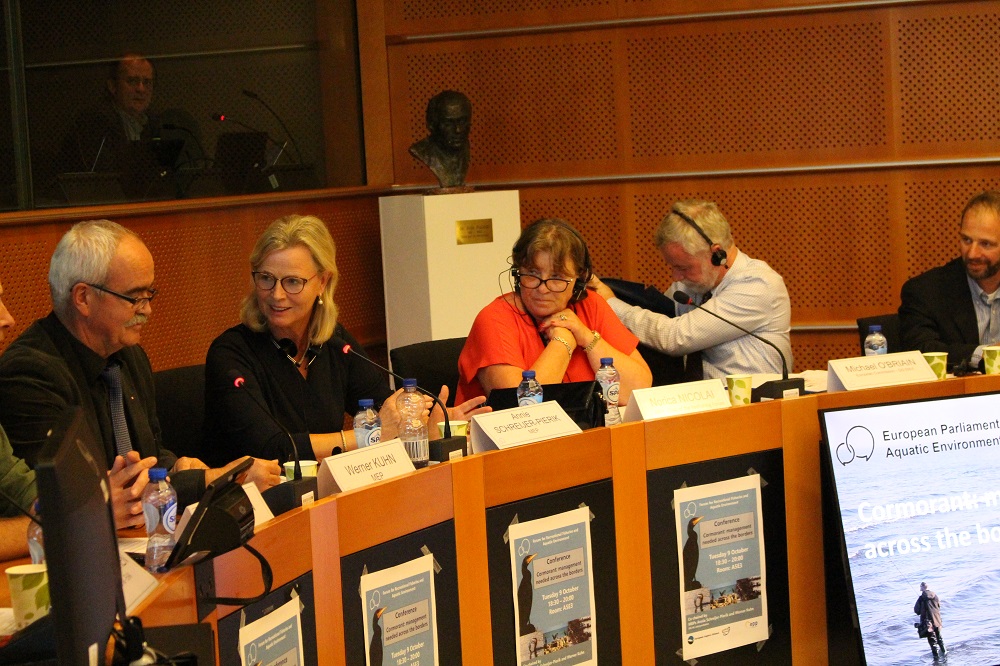
MEPs Werner Kuhn, Annie Schreijer-Pierik and Norica Nicolai
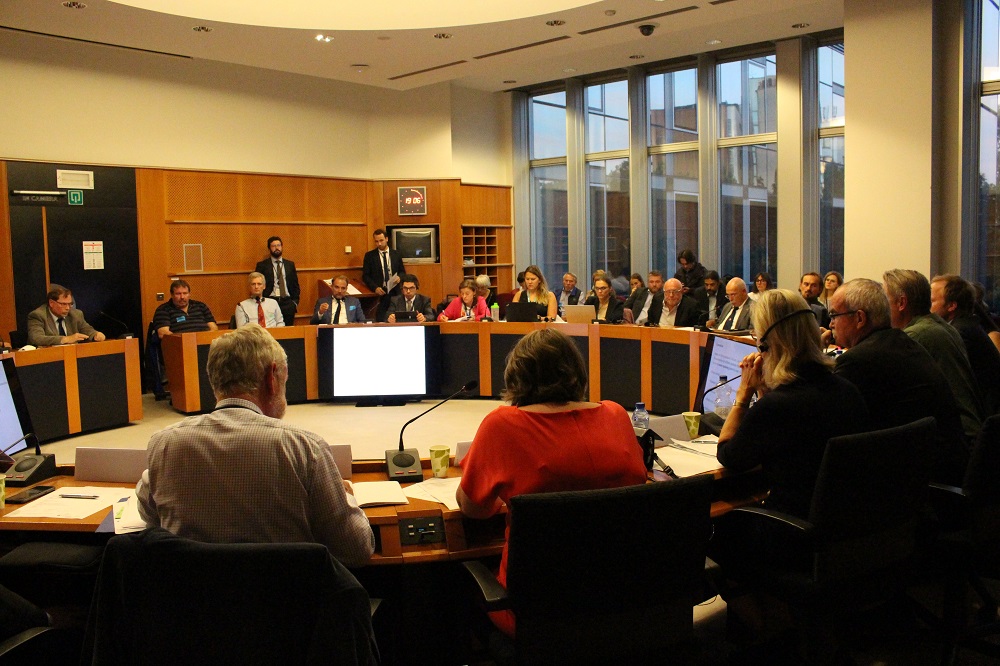
The room
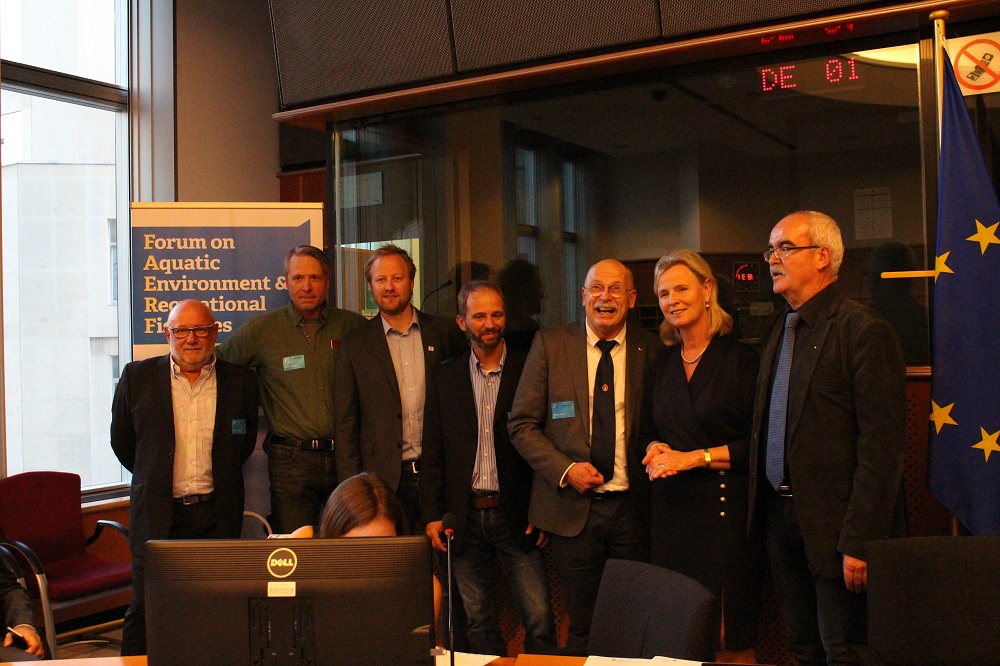
Jean-Claude Bel (EFTTA), Niels Jepsen (DTU Aqua), Markus Lundgren (SportFiskarna), Olaf Linder (DAFV), Fred Bloot (EAA), MEP Annie Schreijer-Pierik and MEP Werner Kuhn
CONFERENCE
Cormorant: management needed across the borders
9 October 2018
18:30 - 20:00
European Parliament
MEP Annie Schreijer-Pierik and MEP Werner Kuhn will chair a conference entitled “Cormorant: management needed across the borders" organised by the European Parliament Forum on Recreational Fisheries and Aquatic Environment, with the support of the European Anglers Alliance (EAA) and the European Fishing Tackle Trade Association (EFTTA).
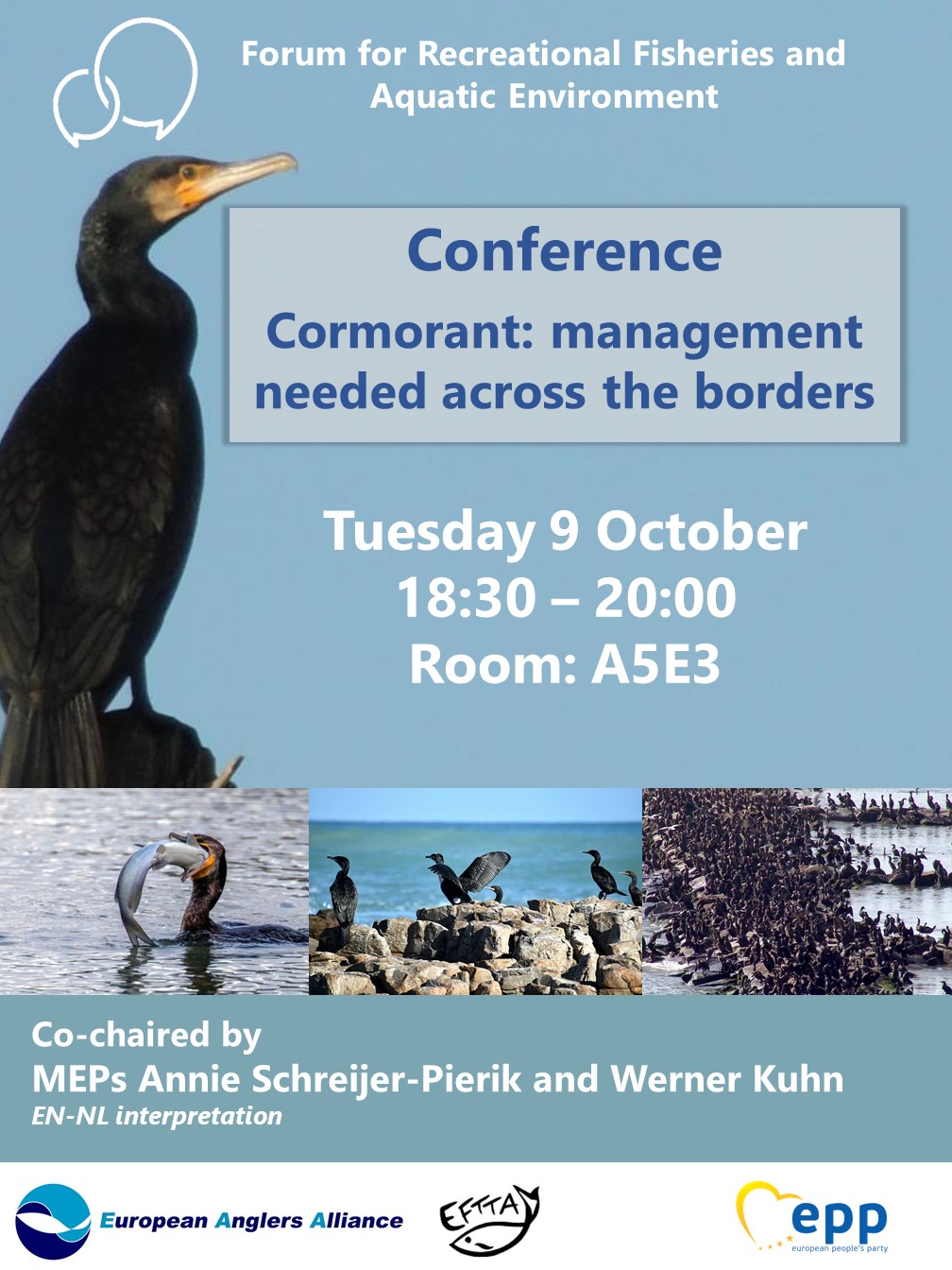
The event will take place on the 9th of October in the European Parliament (room A5E3) from 18:30 to 20:00.
To register please send an email to marta@eaa-europe.eu by the 28th of September 2018.
In 2008 the European Parliament adopted the Resolution 'Towards a European Cormorant Management Plan’. In the resolution, the Parliament forwarded a number of sensible requests to the Commission and Member States to lessen the negative impact of cormorants in Europe. For example, the Parliament urged "the Commission and the Member States to promote the sustainable management of cormorant populations by means of increased scientific and administrative coordination, cooperation and communication, and to create appropriate conditions for the drafting of a Europe-wide cormorant population management plan;”
Today, ten years later, only some of the Parliament’s requests have been met such as the publication of a “..more generalised guidance on the nature of the derogations allowed under Article 9(1) of the Wild Birds Directive...” However, more could and should be done. The cormorant population is still on the increase, in particular in the Nordic region. Europe counts more than 2 million cormorants which eat more than 1 million kilo of fish every day. The birds appetite for fish is a cause of great problems in particular to fish populations in freshwater habitats and a threat to vulnerable fish species.
During the conference, the speakers will give more facts and details about the current situation and present some possible solutions. Today cormorant is managed locally. But scaring away this highly migratory species from one place creates problems in other places making clear that local management is not enough.
A key message to be delivered at this event is that cross-border cooperation is a necessity to manage properly and cost efficiently the population – as the European Parliament already requested ten years ago.